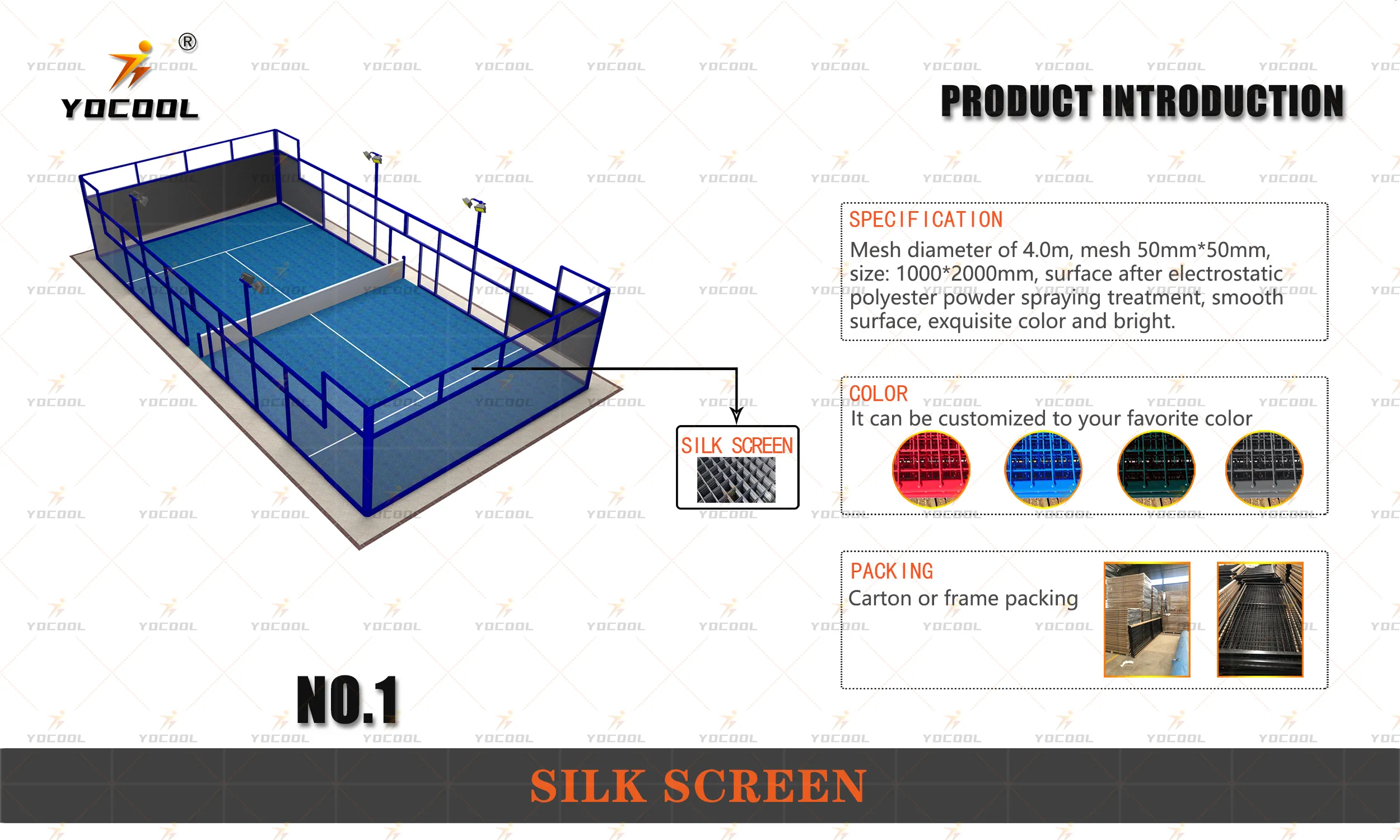

The Rise of Padel and the Build of Factories
In recent years, padel, a sport that combines elements of tennis and squash, has witnessed tremendous global growth. Its unique characteristics, such as being easy to learn and accommodating for players of all ages, have contributed to its exponential popularity in several countries, particularly in Spain and Latin America. This surge in interest has led to a pressing need for the establishment of padel factories to meet the increasing demand for equipment and facilities.
Padel is played in a court enclosed by glass walls and is typically played in doubles, allowing for a social and engaging atmosphere. The sport's appeal lies in its accessibility; even those who have never played a racket sport can quickly pick up the basics. As more people are drawn to trying their hand at padel, the requirements for professional-grade equipment, including paddles, balls, and court construction materials, have soared.
The Need for Padel Factories
To sustain the growth of padel, dedicated factories are necessary to produce high-quality equipment and ensure consistent supply. The establishment of these factories would not only support the needs of players but also contribute significantly to the economy. New jobs would be created in manufacturing, distribution, and retail sectors, proving a boon for local economies.
These factories would focus on manufacturing various padel-related products. Firstly, the core item—padel rackets—requires high-level engineering. These rackets are crafted from specialized materials such as carbon fiber and fiberglass to ensure durability and optimal performance. Establishing factories would enable innovation in design and material use, which are crucial for meeting the performance demands of both amateur and professional players.
Additionally, there’s a growing market for other equipment, including padel balls, apparel, and accessories. Factories dedicated to producing these items can enhance the overall experience for players and enthusiasts. High-quality balls, for instance, are essential for maintaining the integrity of the game. Therefore, factories can also focus on research and development to produce balls that perform optimally under different climatic conditions, which is vital as padel gains traction in various regions.
Infrastructure and Facilities

Moreover, the rise of padel factories will stimulate the construction of dedicated facilities for the sport. Padel courts are different from traditional tennis courts, and their construction requires specialized knowledge and materials. Factories can play a pivotal role in developing prefabricated court systems that are easy to assemble and maintain, making it feasible for gyms, schools, and recreational centers to install them quickly and efficiently.
The combination of padel equipment factories and court construction services will create an ecosystem where the sport can flourish. As demand grows, the synergy between factories and the construction of facilities will ensure that players have access to the necessary resources to engage in the sport at all levels.
Sustainability Efforts
While the rapid expansion of padel and the corresponding factory establishment is exciting, it also calls for a focus on sustainability. The sports industry globally is increasingly looking at minimize its environmental footprint. Padel factories can lead the way by implementing sustainable practices, including using recycled materials in manufacturing rackets, sourcing components locally to reduce carbon footprints, and optimizing supply chains for efficiency.
By focusing on sustainability, these factories can not only meet the rise in demand but do so responsibly, ensuring the longevity of the sport and its facilities for future generations. Engaging with eco-conscious consumers will likely resonate well, as many players are becoming more aware of environmental issues.
Conclusion
In conclusion, the surge in padel's popularity is paving the way for the establishment of dedicated factories to produce top-quality equipment and support the sport's infrastructure. By fostering innovation and creating sustainable practices, these factories can significantly contribute to the growth of padel. The future of this dynamic sport looks promising, with factories playing a crucial role in ensuring that athletes and enthusiasts have everything they need to thrive in the world of padel. As we step forward, the collaboration between manufacturers, players, and facility constructors will be vital in shaping the padel landscape in the years to come.
Best Paddle Tennis Rackets: Power, Control & Comfort
Premium Padel Court Solutions & Panoramic Designs
High-Performance Paddle Racquets for Padel & Paddle Courts
Elite Paddle Racquets: Power & Control for Padel Courts
Panoramic Padel Courts | Build Your Dream Paddle Tennis Court
Premium Padel Courts & Panoramic Designs